Fermented Lemon Honey
Lemon honey is a delicious way to add some flavor to your salad dressing, marinades, as a glaze to your chicken and veggies or as a warm cup of tea. It helps with building immunity and soothes your throat while you are fighting the common cold or flu. The warm spices and lemon create a delicious flavor profile which compliment any dishes. You can let it ferment or use it from the very next day, its delicious either way. Fermenting will add some much needed probiotics to this.
Ingredients
- 2 cups2 cups2 cups Raw Honey, Raw local honey preferable

- 4 whole4 whole4 whole Lemon, large
- 1 pieces1 pieces1 pieces Ginger Root, 3 inch long
- 1 pieces1 pieces1 pieces Turmeric, Use 3 inch fresh turmeric root (optional)

- 6 whole6 whole6 whole Whole Black Peppercorns

- 2 whole2 whole2 whole Whole Star Anise
- 6 whole6 whole6 whole Whole Cloves
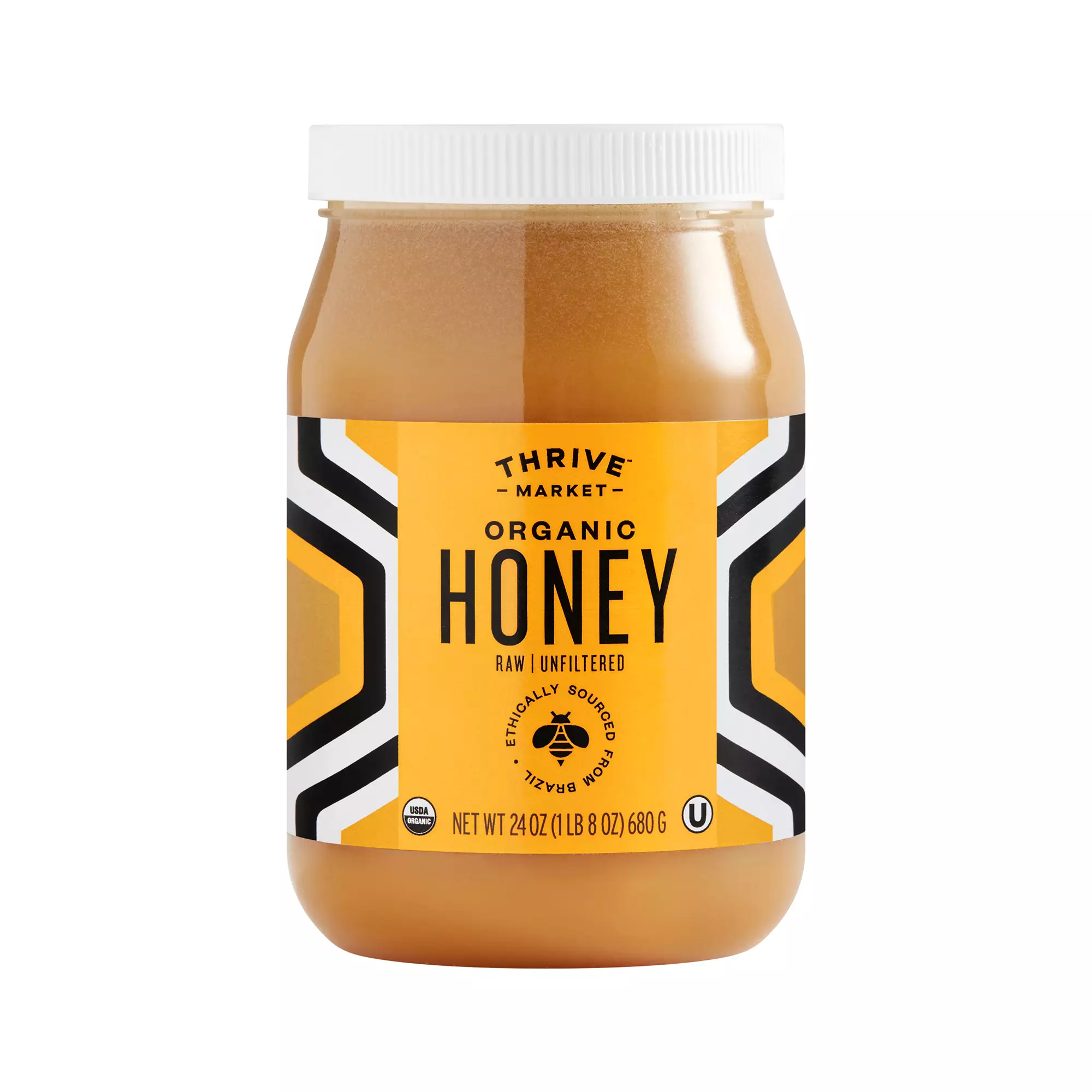
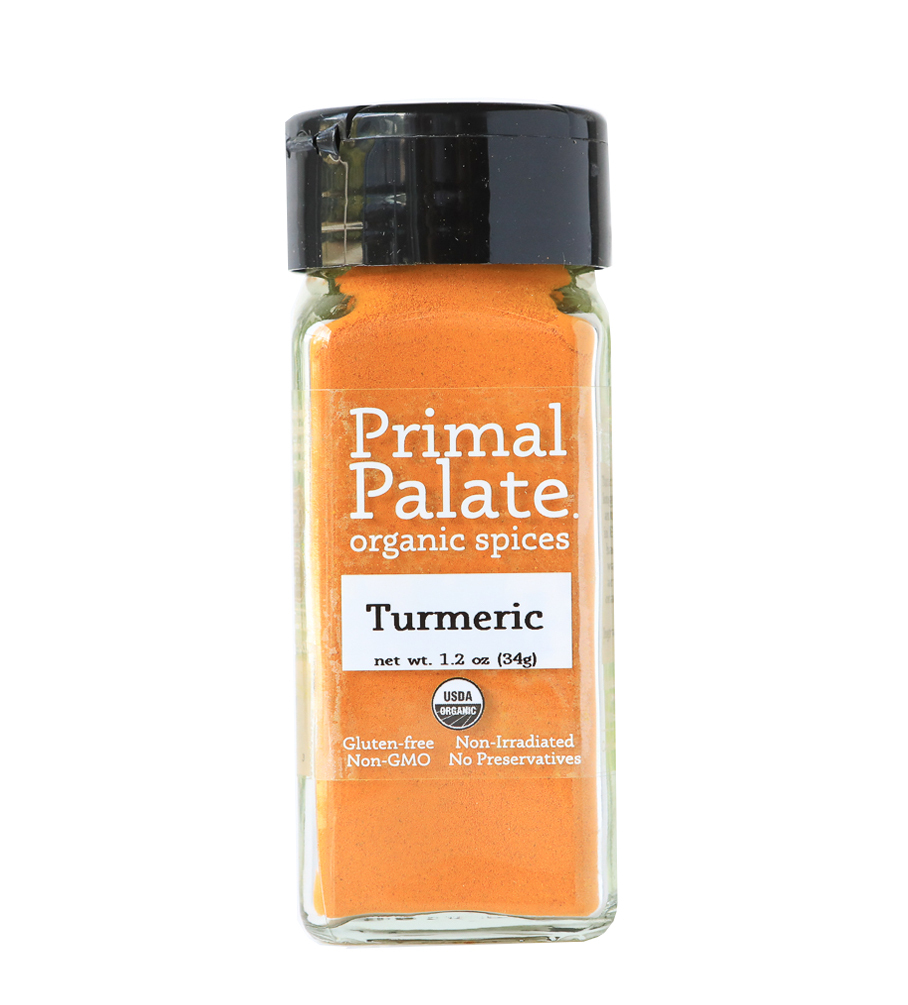
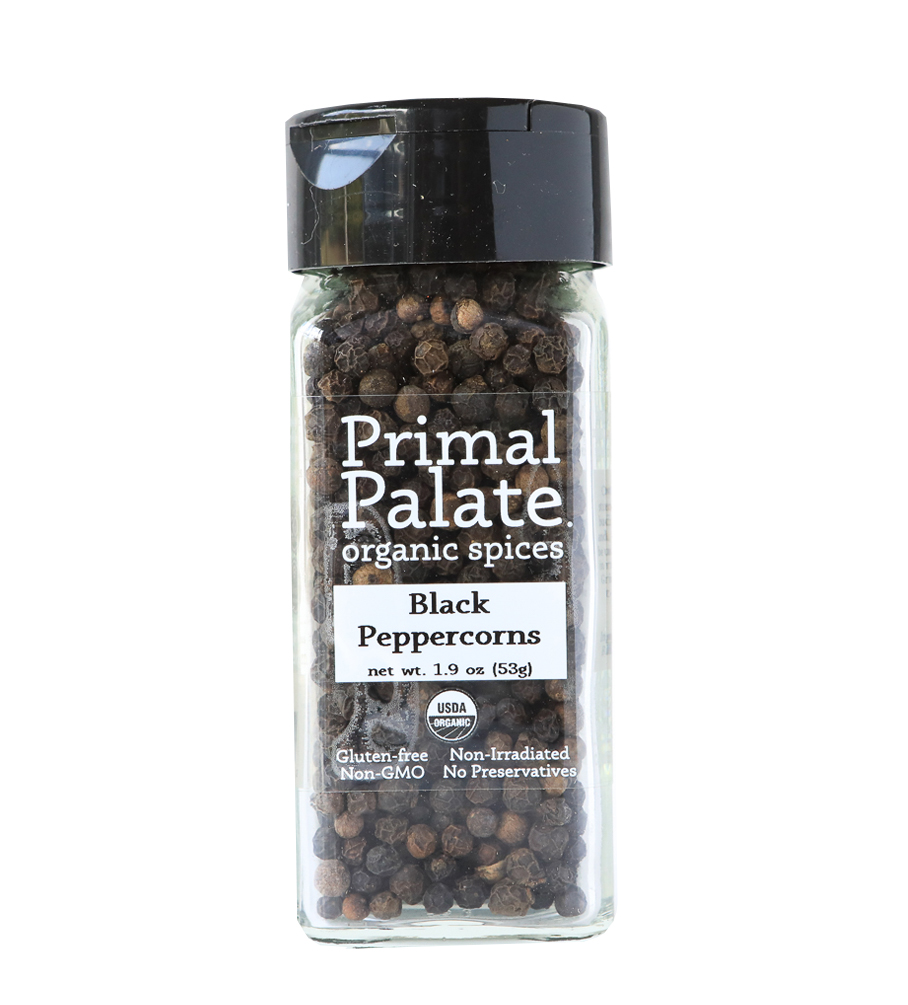
Process
Note, these instructions are written assuming the standard serving size, since you have modified the number of servings, these steps may need to be modified for best results
- Slice the lemons into thin slices
- Finely chop the fresh turmeric and the ginger and then smash them in a mortar and pestle to release the juices
- Layer the lemon, ginger, turmeric and a few of the whole spices
- Add some honey till it covers the first layer
- Repeat layer after layer and finally top up with the honey and close the bottle loosely to let the fermentation happen. I do in two bottles so that I can use one batch after the next 12 hours while the other keeps fermenting undisturbed. Both the bottles need to be mixed up twice a day with a clean spoon over the next few days.
- Notes on the fermentation process: As the lemon starts to ferment it will start bubbling and get frothy. Make sure you leave enough space in the bottle for it and also place a plate under it for the first few days till all the bubbling settles. The mix will start becoming more watery over the time. Once the mix is fermented to your taste say 15 to 20 days it can go in the fridge.
Notes
Make sure the bottle and the cutting surface, the spoon etc you use are clean and dry, just like you would do for any ferments.
Add a Note
My Notes:
Never Miss a Bite
Get recipes delivered to your inbox every week






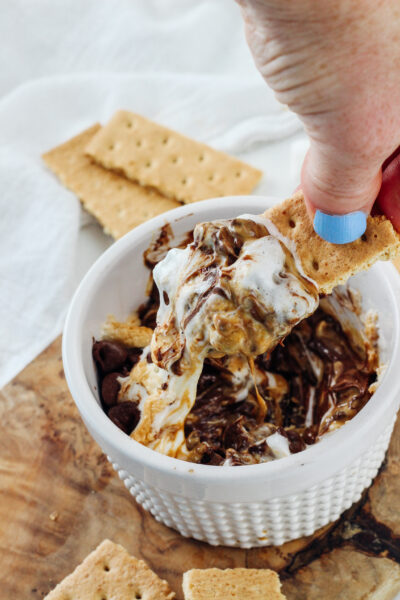
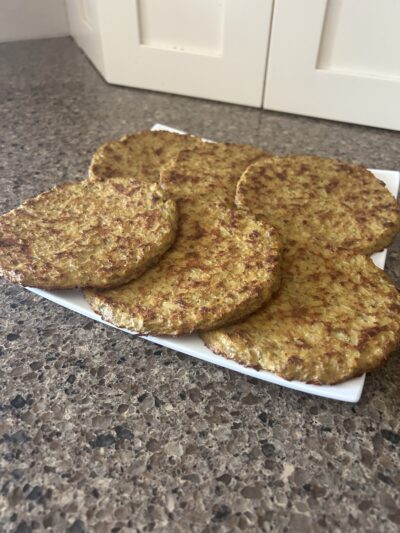
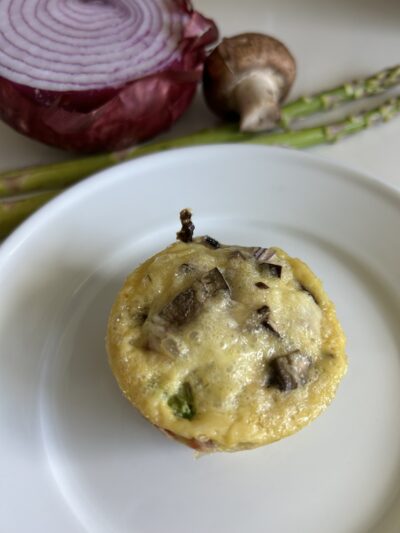
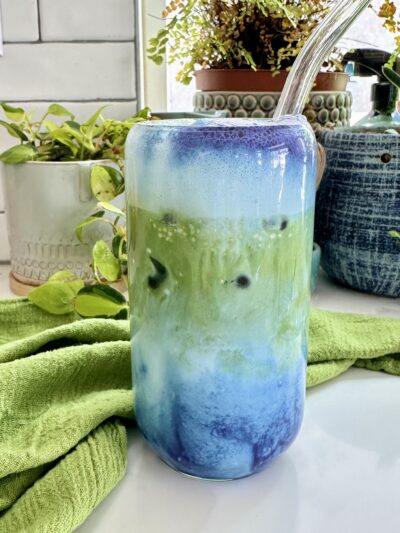
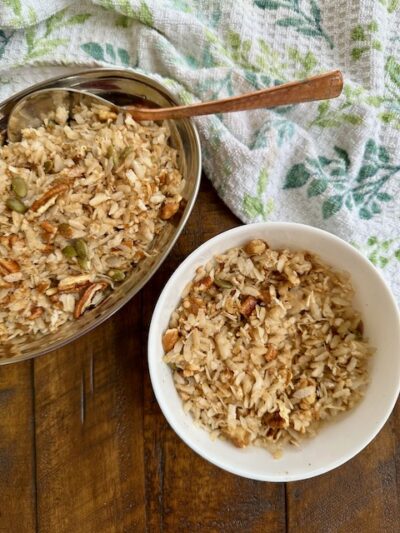
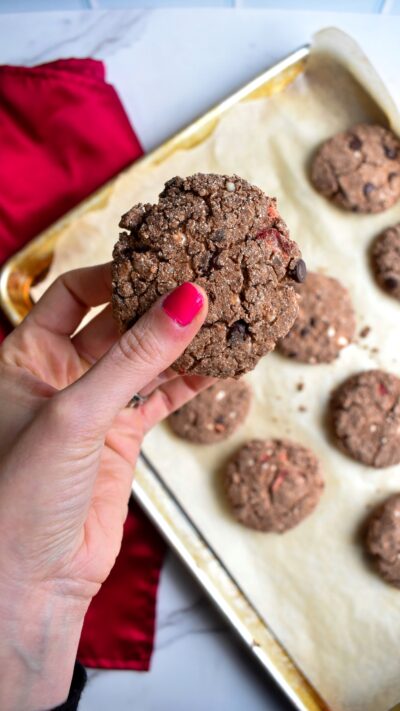

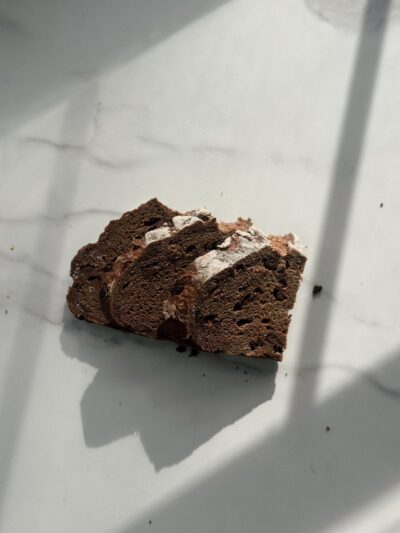


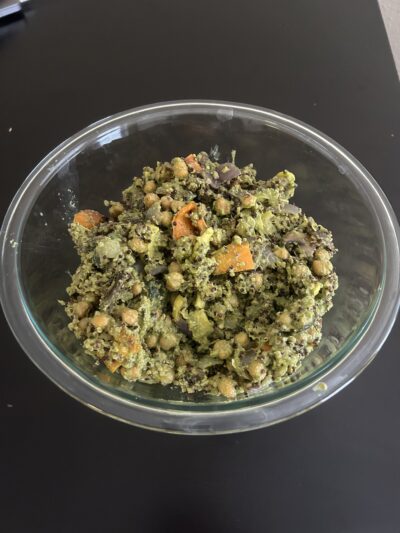
Leave a Reply
You must be logged in to post a comment.